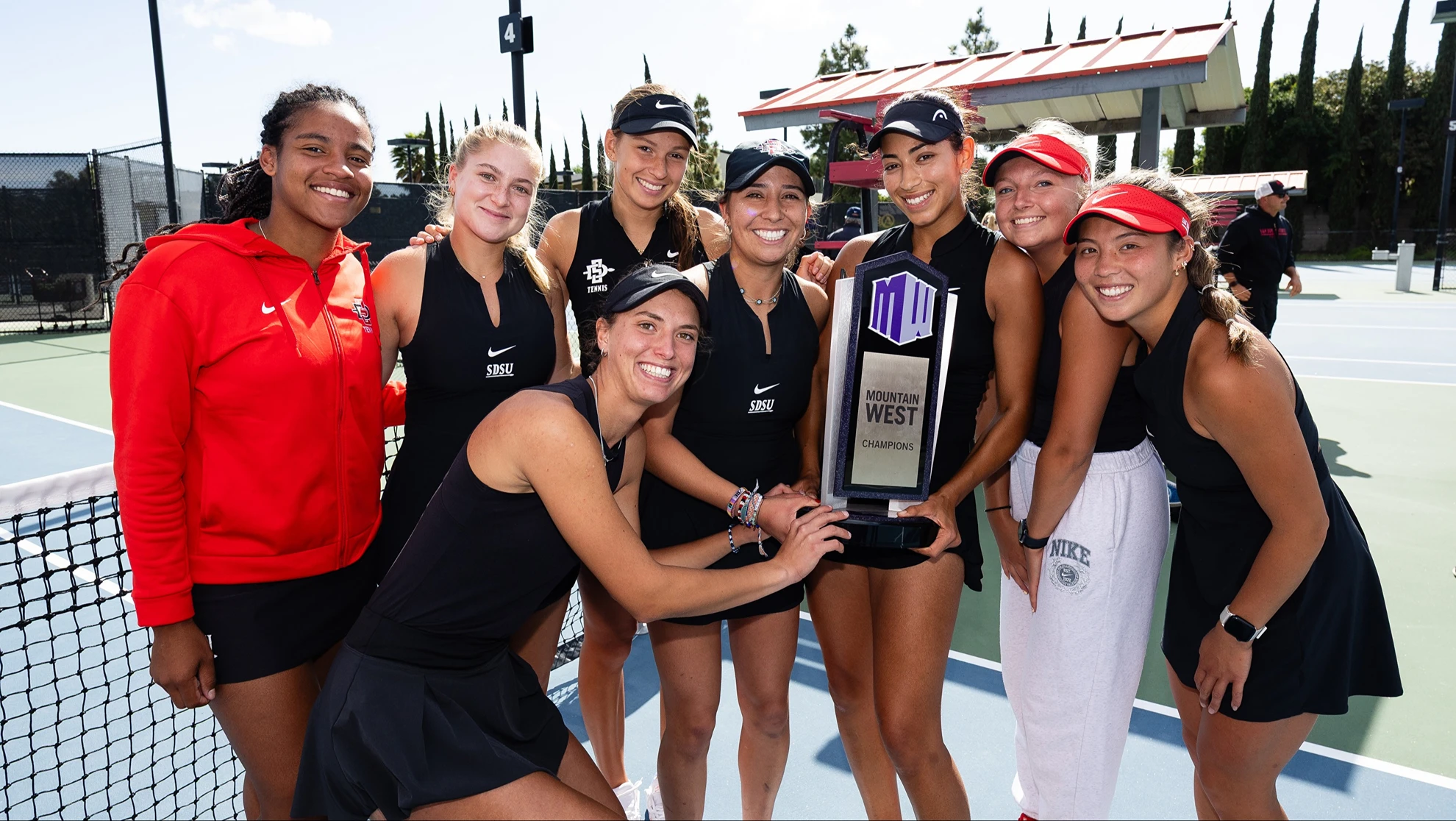SDSU Embarks on $5M COVID-19 Testing Effort to Curb Disparities
Researchers on the NIH-funded project aim to test 42,000 people in underserved communities and head off outbreaks.

“We are laying the groundwork for a successful coronavirus vaccine rollout, building thoughtful and sustainable ways to reach vulnerable people.”
Many months into the COVID-19 pandemic, it is clear the disease doesn’t affect everyone equally.
In San Diego, Latinx residents are three times more likely than white residents to become infected with the disease, and they account for 61% of local hospitalizations, according to county figures.
San Diego State University researchers are working to curb these disparities and improve outcomes for underserved communities who may have barriers to accessing health care.
As a part of a $5 million grant from the National Institutes of Health (NIH), public health faculty will partner with community organizations to deploy rapid COVID-19 testing throughout the San Diego region. The effort, dubbed “Communities Fighting COVID!,” aims to test 42,000 people in 14 months.
“This has real potential to mitigate the pandemic here in San Diego and greatly reduce health disparities and poor outcomes,” said Interim Vice President for Research and Innovation Hala Madanat, one of the project’s leaders. “We are laying the groundwork for a successful coronavirus vaccine rollout, building thoughtful and sustainable ways to reach vulnerable people.”
The project comes shortly after a separate $3 million award from the County of San Diego Health and Human Services Agency commissioning SDSU researchers to develop and deploy a rigorous contact tracing program targeting underserved communities.
At the center of both grants are community health workers, culturally sensitive individuals who connect people with resources and reduce barriers to health care. Dozens such workers are deployed as part of SDSU’s existing work with the county and will be leveraged and increased to bolster COVID-19 testing.
The team will use geospatial data on new infections and testing access, along with community input, to decide where to prioritize community-based testing locations. Pop-up testing sites in San Diego neighborhoods may include settings like church parking lots and food distribution sites.
Public Health researchers Madanat, Susan Kiene, Eyal Oren and a team of seven co-investigators are leading the project, partnering with nine community organizations they’ve developed relationships with over years — and in some cases decades — of collaboration.
Investigators plan to continually improve testing implementation as the project progresses using a novel community-led rapid cycle research process, in which a team of community partners identifies, evaluates and refines testing and outreach strategies throughout the course of the project.
“Applying the lessons learned from other health crises — like the global HIV epidemic — to our approach with community-based rapid COVID testing can help guide our efforts to ensure access to COVID testing for those most affected, ultimately reducing disparities in disease and deaths,” said Kiene.
The coalition’s goal is to reach people of color and immigrant communities who have challenges accessing existing COVID-19 testing, due to transportation, language barriers, work schedules or lack of perceived risk.
"I am excited to bring mobile COVID-19 testing to communities of color who are disproportionately affected by SARS-CoV-2,” said Suzanne Afflalo, a community co-investigator on the project and health equity advocate. “The mobile test sites will provide direct community engagement which will increase access to testing and eliminate some of the barriers for our most vulnerable, high risk and under-served populations.”
Researchers are focusing on individuals who are at high risk of exposure, such as essential workers, and those who have been exposed but may not have symptoms. They want to test individuals proactively, flagging asymptomatic spreaders as a way to prevent outbreaks.
Participants who test positive will be encouraged to refer recent contacts, as well as friends and family with high exposure risk, to the free testing program.
The community-based testing will use the Sofia® SARS Antigen FIA rapid point-of-care antigen tests from San Diego-based Quidel, which have demonstrated a high degree of agreement with laboratory testing and return results in just 15 minutes. Those with positive results will receive a second test, processed in a lab, to confirm diagnosis.
The grant is part of NIH’s Rapid Acceleration of Diagnostics Underserved Populations (RADx UP) Initiative, a national effort to better understand COVID-19 testing patterns among underserved and vulnerable populations; strengthen the data on disparities in infection rates, disease progression and outcomes; and develop strategies to reduce the disparities in COVID-19 testing.
SDSU is one of 32 institutions to receive an NIH award through the RADx-UP initiative to support projects designed to rapidly implement COVID-19 testing strategies in populations disproportionately affected by the pandemic.
“It is critical that all Americans have access to rapid, accurate diagnostics for COVID-19, especially underserved and vulnerable populations who are bearing the brunt of this disease,” said NIH Director Francis Collins.
“The RADx-UP initiative will help us better understand and alleviate the barriers to testing for those most vulnerable and reduce the burden of this disease on all Americans.”



